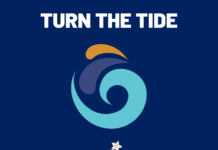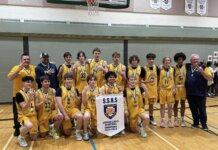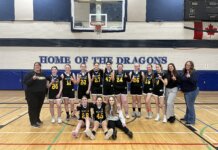SIPEKNE’KATIK: Chief and Council have decided to operate a “phased approach” to our livelihood fishery, which is to determine:
a. how much interest there is in livelihood fishing in the community; b. what constitutes a “livelihood” for our members and their families; and, c. what fishing effort (days, traps, and season) are required to produce a moderate livelihood for our fishers.
As in any new entrance into a fishery, some fishers may harvest more than a moderate livelihood, while others may harvest less. This is intentional. The effect of this phased approach to our fishery on a commercial lobster industry that lands sixty million pounds of catch is insignificant. We will collect and analyze data after the season so that data will be available for future use, and modifications to our management plan, if needed, can be made in the fishing effort.
The lobster caught in our fishery will be available for sale to the public or fish buyers through both a community truckhouse and a band established regulatory process on reserve.
We trust the lobster industry and DFO to respect our processes, which are intended to be of mutual benefit and to resolve and bring certainty to a long-standing constitutional breach.
Background:
The Supreme Court of Canada’s decision in R.v. Marshall decided twenty-one years ago on September 17, 1999.
No responsible person can legitimately argue that the Mi’kmaq right to fish for a moderate livelihood or that the right to sell that catch commercially does not exist. The Supreme Court of Canada said they do.
Since Marshall was decided, DFO has done nothing to recognize the Treaty right to harvest and sell for a moderate livelihood. This breach of Mi’kmaq Constitutional rights and can no longer continue.
In the past twenty years, there have been some discussions with DFO about the recognition of a rights-based livelihood fishery. Those discussions have not proceeded very far due to a lack of shared understanding about what “moderate livelihood” means and what fishing effort is required to achieve it.
Dr. Fred Wein conducted a study of Mi’kmaq’s needs a few years ago. Still, he was not able to say very much about the livelihood fishery because there had been no example of a livelihood harvest that was both unconstrained and well documented. That is what is needed before anyone could draw research-based conclusions about Mi’kmaq’s needs.



























